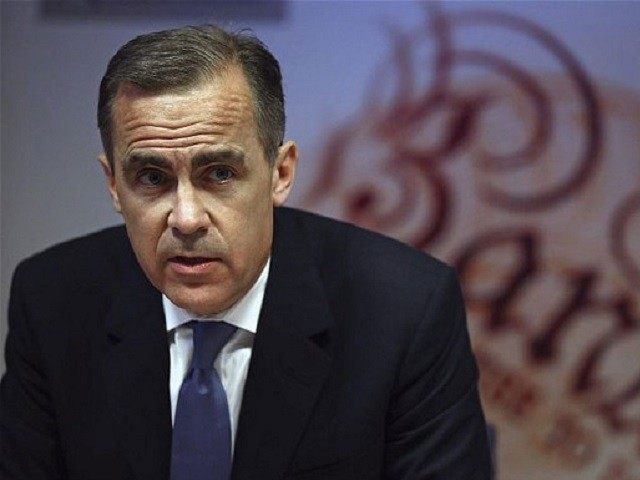The Governor of the Bank of England has called for further eurozone integration if the monetary union is “to avoid a lost decade”.
Speaking in Dublin at an event to honour the Canadian finance minister Jim Flaherty, Mark Carney said, “It will take the euro area eight years to achieve the recovery that Canada secured in two.”
And he blamed “Timidity” by policy makers in the aftermath of the financial crisis, saying that Mr Flaherty “would be more than a little frustrated with the euro area.”
And he said that the Canadian politician had “remained unconvinced that Europe had fixed its problems” to his last days.
The eurozone is struggling to recover from the economic collapse of a nearly ten years ago, with the bloc’s economic titan Germany now succumbing and falling into deflation for the first time since October 2009. Oil prices may be to blame for the final push, but growth among the single currency members has been shamefully low as they struggle with a ‘one-size-fits-all’ monetary policy which only Luxembourg officially met the economic criteria to join.
Mr Carney said the performance of other European countries was important for the UK as the country’s largest trading partner. And he recommended that the group’s leaders push for greater integration while suggesting that fiscal policy should be looser. The countries already have their monetary policy dictated by the European Central Bank and the European Commission is seeking to harmonise further tax policies particularly in areas it can class as ‘cross border’ or ‘maintaining the single market’.
The Governor praised the launch of a €1.1 trillion quantitative easing scheme by the ECB in Frankfurt, calling them “timely and welcome” but warned that monetary policy alone could not “eliminate the risks of a prolonged stagnation”.
His viewpoint will be agreed with by more right wing economists, who believe that supply side reforms, such as those implemented in the UK and the US in the 1980s, are the real drivers of reform and growth.
And for governments looking for a Keynesian answer to their current problems, the Canadian noted that the UK government borrowing costs, which are measured by the yield on ten year government bonds, remain below the weighted average of bonds for euro area countries, with Greece in particular heading towards double figures.
“It is difficult to avoid the conclusion that, if the eurozone were a country, fiscal policy would be substantially more supportive,” he continued.
“Persistent economic weakness damages the extent to which economies can recover. Skills and capital atrophy. Workers become discouraged and leave the labour force. Prospects decline and the noose tightens,” he said, pointing out that unemployment in the UK was half of that in the eurozone.
And he said that interest rates, determined by the Bank of England, would rise more gradually and perhaps not so much as expected last year. This will be viewed as good news for first time home owners trying to secure a loan and those on a tracker mortgage and may stimulate the housing market which was slightly stifled in 2013.
Mr Carney, who is responsible for the country sticking to the inflationary target of 2 per cent, said he would be writing to the Chancellor to explain how price increases had drifted so far from the target.
But he said the flexibility which will be used to reverse the downward trend was the same flexible tool which had enabled the UK to rise out of the mire of economic decline by having a credible monetary policy framework and control of its own interest rates and money supply to suit only the UK rather than a collective group of different countries.
The Governor blamed sharp falls in commodity prices, including oil, for the drop in inflation but that lower energy and food prices are “unambiguously positive” for the UK. Low inflation, he said, will “boost real take-home pay and help households finances”.
He predicted inflation would still remain below the Bank’s target and is likely to fall further over the coming months and turn slightly negative for a period”.

COMMENTS
Please let us know if you're having issues with commenting.